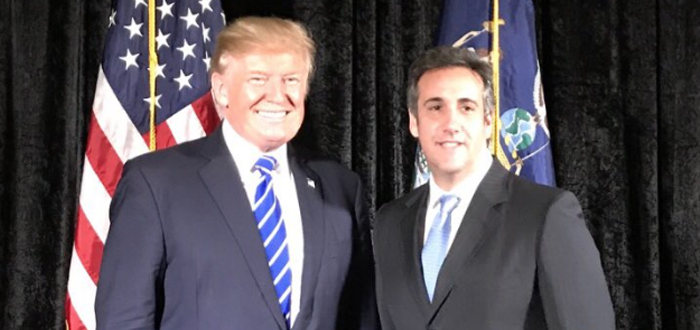Professor Jed Shugerman wrote an op-ed for Slate about Michael Cohen’s new assertion that Donald Trump knew about a meeting where a Russian lawyer was expected to deliver confidential information about Hillary Clinton.
On Thursday, CNN reported a seemingly bombshell claim that Michael Cohen was in the room with several others when Donald Trump was told in advance of his son’s 2016 Trump Tower meeting with Russians promising dirt on Hillary Clinton. CNN, citing sources with knowledge, further reported that Trump approved of the meeting and that Cohen was willing to testify to special counsel Robert Mueller’s investigation to that effect. As stunning as this news might seem, if Cohen were to offer such testimony, it does not prove a crime on its own, and its impact depends heavily on other evidence, other witnesses, and later events.
…
[O]n its own, it is probably not a crime for Trump to have known and approved of a meeting with Russians. Interpreting such a decision as a crime would be overbroad and would likely run into First Amendment problems, such as chilling effects on core political speech by candidates seeking information.
…
Ultimately, Cohen’s reported allegations, if uncorroborated by other witnesses or phone records, would be too risky for prosecutors to present on their own because of the potential witnesses’ own credibility problems.

